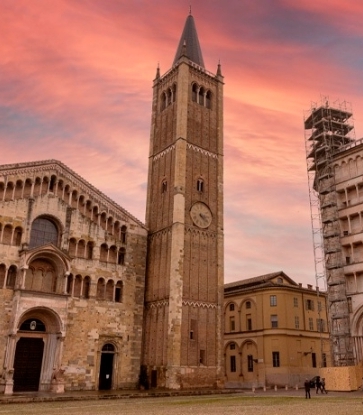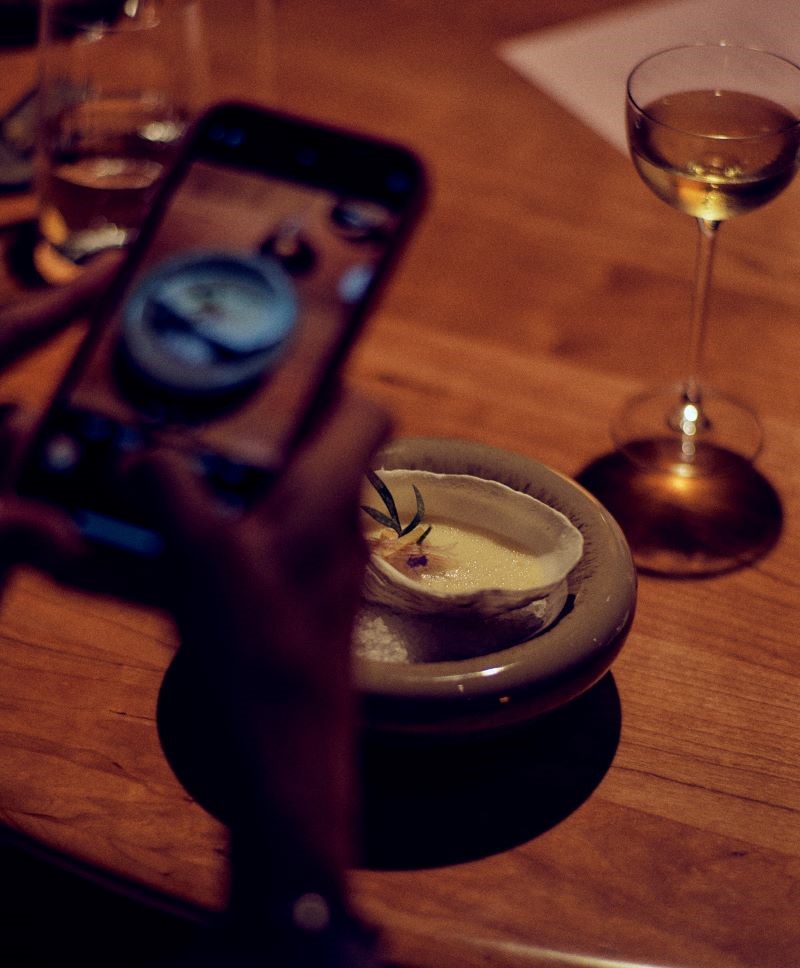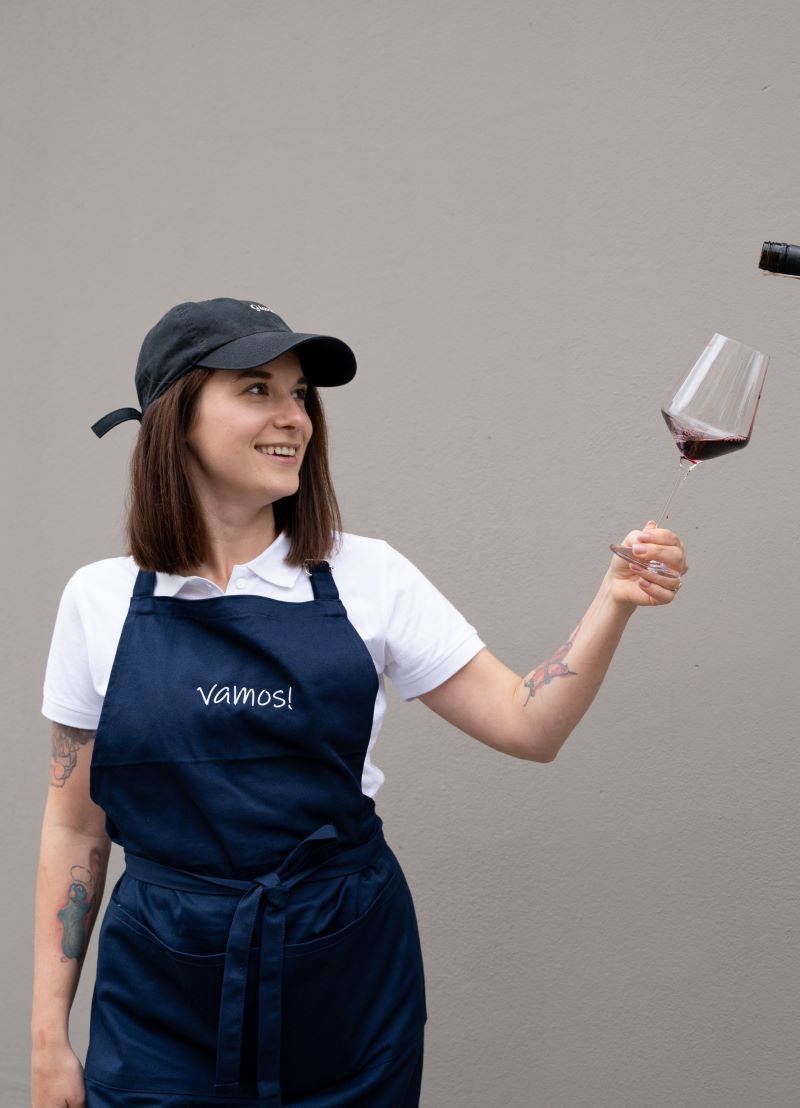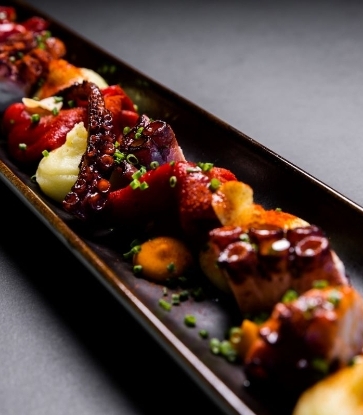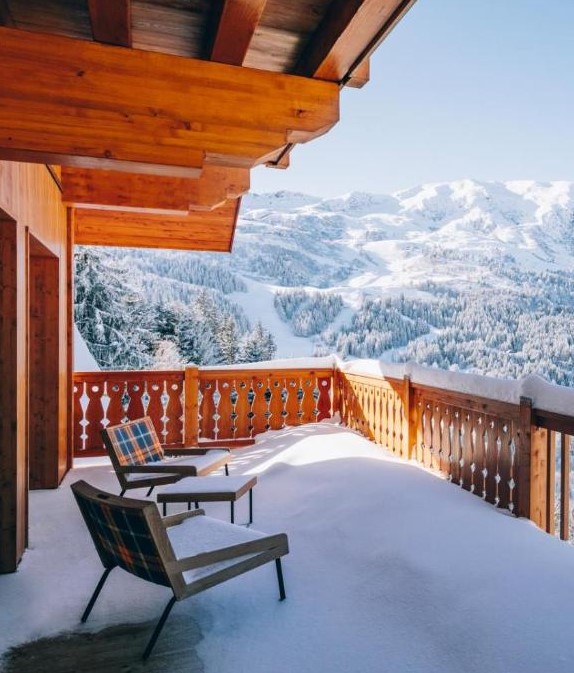Restaurant Eliksir in Gdańsk is the first establishment in Poland to have been awarded the MICHELIN Green Star. The MICHELIN Green Star is a MICHELIN Guide accolade that singles out restaurants that are leading the way in sustainable practices. Founded by chef Paweł Wątor and co-owner Mateusz Trzeciak, Eliksir is the partners' first independent restaurant project, a reflection of their experience, values and personal beliefs about how to treat ingredients in the kitchen. Eliksir's menu focuses on showcasing locally sourced produce, much of which comes from the Pomerania region (where Gdańsk is located). Striving to select the best quality ingredients, chef Wątor also aims, as far as possible, to utilise them in their entirety, right down to the last bit – and this integral part of the restaurant's concept is implemented not only in the kitchen but also in the bar.

"We believe in a strategy of small steps. If you apply one small change after another, in the end, you'll see a big result. That applies to how we think about our restaurant and its environmental impact. It's all about the small actions you take in the kitchen, but also in the bar – every little thing makes a difference," says Mateusz Trzeciak.
“We believe in a strategy of small steps – every little thing makes a difference”
"When working on a new dish, we examine its individual components. We discuss how we will use the ingredients, which part will be needed to prepare the dish, and what will remain. Then we think – what else can we do with it? What flavour does it have? What quality could it bring to another dish, maybe even a future menu? And, equally, can we use it in our bar programme?" explains the chef.
A good example of this circular approach toward ingredients is how Eliksir works with oranges. The peel from the fruit becomes an aromatic garnish in the Old Fashioned cocktail, and the juice goes into a sauce to finish the gravlax salmon. What's left of the fruit after it has been juiced returns from the kitchen to the bar, where orange leftovers are used to make bitters or infusions.
"We adopt a similar strategy with many ingredients: vegetables, fruit, greens, mushrooms. We strive to use the best quality ingredients possible, and it wouldn't be sustainable – either environmentally or financially – not to use all that we have. Scraps, green parts, cores – anything that isn't a 'prime' part of a particular ingredient can be transformed into powders, jams or syrups, fermented or dried. That's how a product can come full circle around Eliksir," explains Paweł Wątor.

Finding as many uses as possible for ingredients is just one of the strategies that help reduce the environmental impact of a restaurant's beverage programme. "Currently, on our bar shelves, we have around 50 products made in Poland. We use Polish gins, vodkas and even Polish whisky. This means we reduce the carbon footprint related to the transportation of alcohol, and at the same time promote not just local food producers but also national distilleries, thereby supporting the local economy," says Mateusz Trzeciak. On the drinks menu, you will also find beers from local craft breweries, as well as Polish wines. "We focus on cocktails, even as pairing options for dishes. But, of course, we don’t forget about wine lovers, for whom we have prepared a smart, compact wine list. Besides Polish wines, when it comes to imports from other countries, we tend to highlight small-scale producers, including those following organic farming and production methods," adds Mateusz. To round off their meal, guests can enjoy a cup of espresso, or an Americano brewed with coffee beans specially roasted for the restaurant by Gdynia coffee roasters Skład Kawy.

"It's important to consider what you serve in glasses or cups, but also how you serve it," says Paweł, as the pro-environmental solutions extend to the restaurant's interior design. "From the start, we served our cocktails with metal straws, which were almost impossible to find in Poland nine years ago, so we had them custom-made by a local manufacturer," remembers Mateusz Trzeciak. Instead of on disposable coasters, some cocktails are served on round pieces of wood that can be washed and reused multiple times. "Similarly, on the tables, we use leather mats that are both durable and elegant," he notes. "Every little detail counts."




